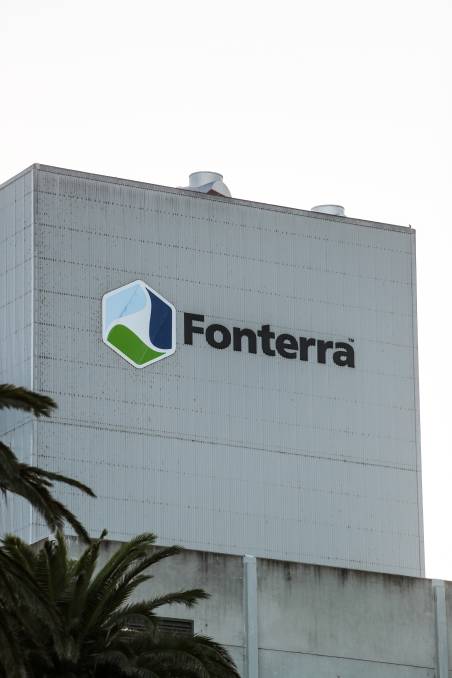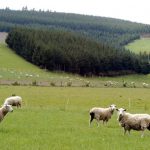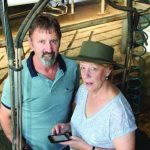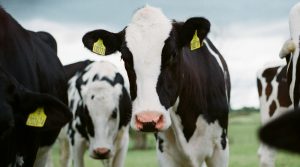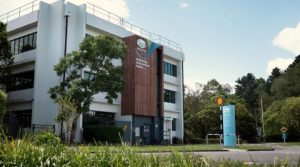
It’s understood that about 40 suppliers moved from the company at the end of the financial year.
Workers at the Cobden factory were told late last week that the 11 new suppliers would reverse that trend and result in no loss of milk supply.
It is not known what incentives were paid for the key suppliers to sign up with the under-siege processor.
After inquiries with the company, a Fonterra spokeswoman said she checked with the Cobden site and the supplier numbers quoted were not correct, nor were there specific supplier numbers mentioned at the meeting.
When asked to provide the correct numbers, the spokeswoman said Fonterra did not comment on specific supplier numbers or milk volumes.
However, Fonterra regional operations manager (West) Kevin Brown said milk production in Australia had been declining due to drought conditions and high input costs, leading to heightened competition for milk.
“We have had some losses, but we’ve also had new suppliers join us,” he said.
“While the Australian milk pool has decreased, our milk and butter plants at Cobden continue to produce strong volumes for our retail business, and the Cobden team is doing a good job of running the plant efficiently.”
Earlier this month the company announced an expected annual loss of between $NZ590 million to $675m ($A560m-$640m).
That followed a loss of almost $NZ200 million last year.
In its end of financial year report, Fonterra said its monthly Australian production continued to decline.
In June the company’s milk collection in Australia dropped 30 per cent this year compared to June 2018.
Fonterra’s milk collection for the 2018/19 season was down 20 per cent on last season.
The stunning drop was attributed to poor seasonal conditions, high input costs, increased cow cull rates, farm retirements and milk collection movement in a highly competitive market.
Forecasts were for milk production to continue declining between seven and nine per cent for the current season.
Australian milk production was down 13.6 per cent in May this year compared to May 2018.
But, Australian dairy exports rose 1.7% in May compared to the same time last year.
Exports to the 12 months to May were up 3.8% with infant formula, fluid and milk products and whey powder behind the Australian growth.
In May this year Fonterra announced it would close its Dennington site during November, putting 100 employees out of work.
It’s understood a lack of milk was a key factor behind the Dennington plant announcement.
At that time a source said there were only about 200 suppliers to Fonterra’s Dennington and Cobden plants, with about 40 dropping out at the end of the financial year.
The shock decision comes after it was revealed in January 2018 that the Dennington factory would undergo an $8.6 million expansion.
Fonterra took over the Dennington plant in August 2005, after Nestle Australia announced it would stop manufacturing powdered milk in Australia to focus on higher value-added products.
Have you signed up to The Standard’s daily newsletter and breaking news emails? You can register below and make sure you are up to date with everything that’s happening in the south-west.
